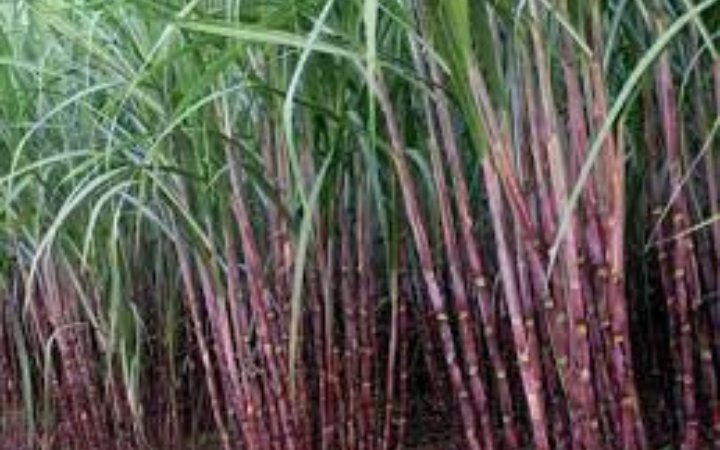Blog Details

Sugarcane Farming: A Sweet Path to Sustainable Agriculture
Sugarcane, a vital crop for the production of sugar, jaggery, and ethanol, holds a significant place in the agricultural landscape of India. As the demand for organic produce rises globally, organic sugarcane farming is emerging as a promising venture for Indian farmers. This sustainable farming method not only ensures higher quality produce but also contributes to environmental preservation and enhances farmers' livelihoods.
This sustainable farming method not only ensures higher quality produce but also contributes to environmental preservation and enhances farmers' livelihoods.
The Shift Towards Sugarcane Farming
Organic farming eliminates the use of synthetic chemicals, fostering a healthier and more sustainable agricultural ecosystem. For a crop like sugarcane, which is heavily reliant on fertilizers and pesticides in conventional farming, the transition to organic practices offers numerous benefits for both the environment and consumers.
Benefits of Organic Sugarcane Farming
- Healthier Produce
- Environmental Sustainability
- Economic Advantages
- Soil Health and Fertility
- Water Conservation
Key Practices for High-Yielding Organic Sugarcane
To achieve high yields and superior quality, organic sugarcane farmers follow several best practices:
- Soil Preparation
- Seed Selection and Planting
- Nutrient Management
